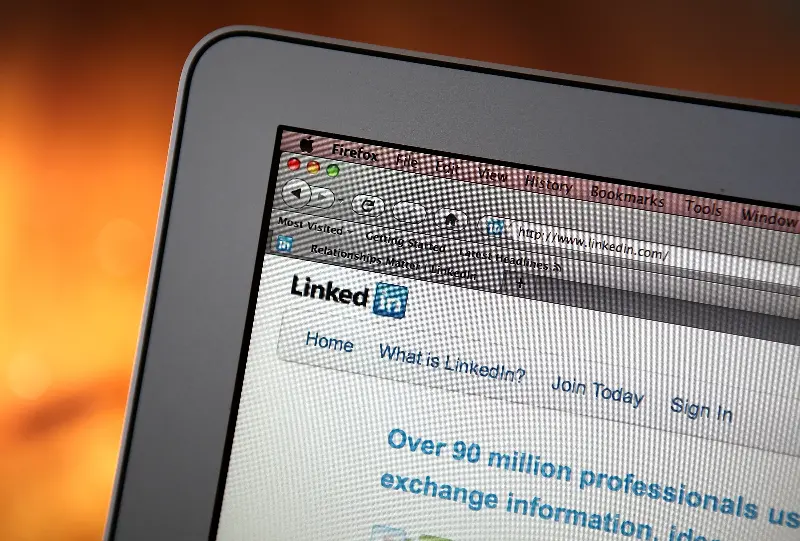
A new report found a whopping 92 percent of employees are looking for a new job — during their current job's work hours.
That was based on more than 1,000 responses in Resume Now's new report, which found 58 percent of employees also pretend they're working on a regular basis.
Why It Matters
The surge in popularity of remote work after the coronavirus pandemic has caused standards around job flexibility and work life balance to adapt.
Many Americans may view their job shift times as not consistent working hours but instead a general framework of when they may perform job tasks. However, this runs the risk of reduced efficiency and productivity for companies, many of which are actively employing return-to-office mandates.
What To Know
The new survey from Resume Now shows a substantial number of U.S. employees are faking working, either by having fake meetings or nonsense typing. However, 92 percent even take it a step further and use time on the job to actively look for other career opportunities.
"If you're frustrated where you are, it's fairly easy to understand why some employees are searching around for new positions while at work," Alex Beene, a financial literacy instructor for the University of Tennessee at Martin, told Newsweek. "However, when one sees a number like 92 percent, it does make one realize how many others are doing it and perhaps triggers individuals to put more effort into their own resumes and applications."
The difference between remote and in-office workers wasn't as substantial as some may believe, though, with workers at home wasting time at 43 percent compared to office workers at 37 percent.
The ways employees are faking work vary. While 15 percent have held a phone to their ear with no real call, another 12 percent have scheduled fake meetings to avoid real work.
Only 12 percent of all respondents said they never fake productivity.
And roughly 24 percent of workers admitted they edited their resumes on the clock, while 23 percent said they applied for jobs using work computers.
What People Are Saying
Matt Schulz, LendingTree's chief consumer finance analyst, told Newsweek: "Your boss may not like that you're looking for a job during work hours, but the truth is that they've probably done it, too. That doesn't mean that you should brazenly be scrolling through job websites at your cubicle, but it also means that you shouldn't feel like you're the only one who has ever snuck out of work for a job interview or to make a call about a new gig. Most companies tend to have more or less the same business hours, so it only makes sense that a lot of job-hunting work gets done during that time."
Kevin Thompson, the CEO of 9i Capital Group and the host of the 9innings podcast, told Newsweek: "It's the old maxim—there's no better time to look for a job than when you already have one. Being employed gives you leverage and options, rather than forcing you to accept a role you don't really want."
Alex Beene, a financial literacy instructor for the University of Tennessee at Martin, told Newsweek: "In the years during and following the pandemic, more Americans are keeping track of their employment options. Some of this desire for new opportunities comes from increased responsibilities at their current employer and dissatisfaction over that employer's policies, be it a return to the office or a rotating door of leadership and/or co-workers."
What Happens Next
On a larger scale, the high rates of workers looking for new jobs indicate dissatisfaction in their current roles, and employers may need to adjust, Thompson said.
"Broadly speaking, this signals widespread dissatisfaction," Thompson said. "People are either searching for more meaningful, challenging work or simply chasing higher pay. Employers will need to step up either by increasing compensation to retain top talent or finding ways to automate more roles."
